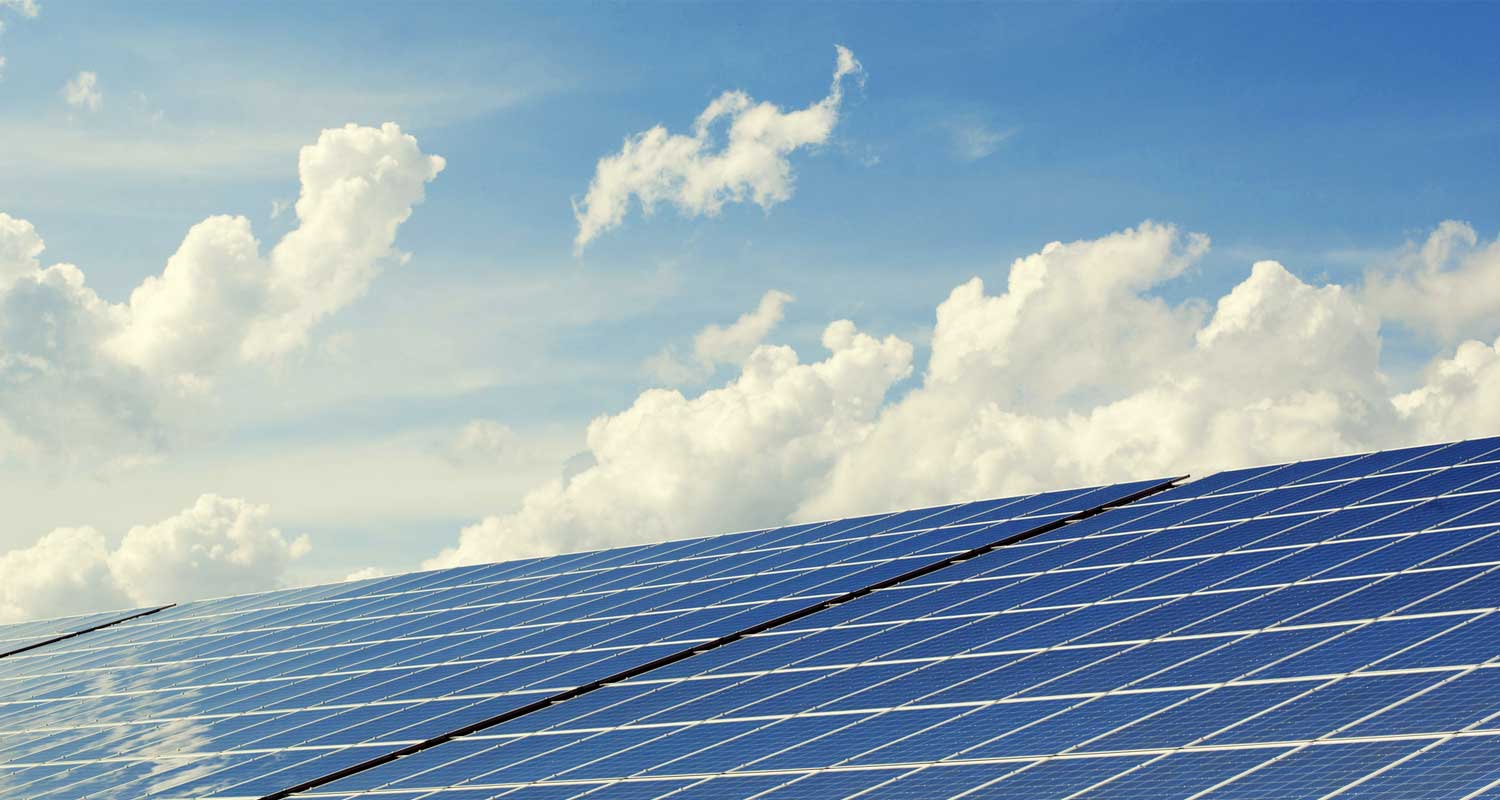 A television interview with the company behind a Free State’s town’s efforts to end load shedding has got Eskom all hot and bothered.
A television interview with the company behind a Free State’s town’s efforts to end load shedding has got Eskom all hot and bothered.
On 18 May, in an interview with television news channel Newzroom Afrika, Chris Bosch, the CEO of Rural Maintenance, the company that has built a solar farm to serve Frankfort, said that if a thousand small communities replicate the model, then between 4GW and 10GW would be added to the national grid.
Bosch said this would lessen the strain on Eskom while freeing up the grid. “As a first-step solution, this should be embraced by government,” Bosch told Newzroom interviewer Stephen Grootes (watch below). “Communities are coming together to put solutions on the table that cost government nothing.
“No one is saying government should stop generating capacity. But when we face adversity, South Africans pull together. All government has to do is trust its citizens. We’ll repay handsomely without them having to fork out any money – and it could happen in a year.”
But late on Friday, Eskom issued a statement in which it took umbrage at Bosch’s remarks and accused Rural Maintenance of misleading the public.
“Although Eskom has repeatedly explained and proven to Rural Maintenance that electricity generated from their solar plant is not enough to cover their demand, and they therefore cannot be exempted from load shedding, Rural Maintenance continues to mislead the public,” the state-owned utility said.
“Simply put, if their generation was enough for their demand, Frankfort would be off-grid and thus would not be affected by any load shedding.”
Requirements
“We welcome the use of electricity from independent power producers that can assist in alleviating load shedding. What we require from Rural Maintenance as a responsible participant in the national grid is that they comply with the requirements of the Load Shedding Code of Practice to protect the national electricity network in the interest of the country as a whole.”
Responding to a claim that Frankfort had been forced to dump excess solar power generated by the plant, Eskom said: “Assuming their dumping claim is true, we met with Rural Maintenance twice in May and presented them with our standard offer. This entails that we wish to buy any excess electricity generated by their plant.”
But Bosch, responding to Eskom’s statement, hit back at the utility. He told TechCentral that Rural Maintenance did “not at any time in the interview” say it wanted to be “exempted from load shedding”.
He said his company has in the past simply had to dump excess electricity generated by its solar plant. However, in the interview he said specifically that progress was being made with Eskom regarding the export and sale of surplus energy.
“Rural is not the party doing the misleading,” he said. “The standard offer meeting was held on Thursday, 18 May. At a prior meeting, the engineer present wanted to discuss the offer, yet was instructed to do so at a later date by his superior.
“We are now awaiting Eskom to send us their paperwork… Rural is a responsible operator as set out in each weekly report. The reference in [Eskom’s] press release to the contrary is unfortunate,” Bosch said.
“It is clear that Rural is misleading no one. It is also most unfortunate that Eskom is taking issue with a responsible operator and not first obtaining internal technical input from its own professional engineers.”
Read: ‘A huge mess’: Eskom court victory a setback for private power
However, Bosch also thanked Eskom for its “willingness in the last two weeks to assist Rural in addressing operational matters pertaining to curtailment”.
“This is the relationship Rural wishes to build on.” — © 2023 NewsCentral Media




